
HowSound
Rob Rosenthal/PRX/Transom.org
The Backstory to Great Radio Storytelling, hosted by Rob Rosenthal, for Transom and PRX.
- 24 minutes 4 secondsRevisiting: First, Tell Them an Anecdote
Rob's interview with Misha Euceph is one of his favorites. As he says, she's very clear, engaging, and insightful about the craft of audio storytelling. On this archive episode of the show from 2019, they discuss why Misha believed it was important to start each episode of her podcast "Tell Them, I Am" with a personal anecdote.
31 December 2024, 3:00 pm - 19 minutes 9 secondsDissection - Daniel Alarcón's Writing Maneuvers
Let's state the obvious: Daniel Alarcón is a gifted writer. It's evident from the writing in "The Good Whale," the latest series from Serial that Daniel wrote and hosted. Rob put his writing under the microscope and heard a lot of satisfying maneuvers -- and a couple that weren't so satisfying.
17 December 2024, 3:00 pm - 27 minutes 31 secondsFingers Crossed, Twice
Nothing seems guaranteed these days for creative audio makers. "Short Cuts" was recently cancelled and "Pretendians" is seeking funding for a second season, two shows on this episode of Sound School that are high on Rob's must-listen list because they elevate the craft and deliver essential storytelling.
3 December 2024, 3:00 pm - 21 minutes 8 secondsPlease Keep WCAI Right Where It Is
WCAI, the public radio station for Cape Cod, has been told it needs to move -- to leave the home it broadcasts from. An actual home. A former captain's house. News that the house had been sold startled the station staff and the community. In this episode, Rob laments what would be a strike against the station's deep commitment to local service.
19 November 2024, 3:00 pm - 14 minutes 50 secondsKeep the Universal in Mind for Local Stories
The story from Slovenia on this episode of Sound School is hyper-local -- so local, you might not catch all the cultural references. But, the reporter, Ajda Kus, says that's okay. The key to telling a great local story is to give weight to universal themes so that all listeners can still relate to the piece.
5 November 2024, 2:01 pm - 16 minutes 51 secondsRevisiting: A Stranger With a Microphone
When should a reporter turn around a leave? At what point do should they say "I won't report on these people. They need their space, not a stranger with a microphone." Jay Nathan faced that exact situation some years ago reporting on a man who was dying of cancer and the friend taking care of him. But, instead of turning around and leaving, Jay stayed. Jay is still haunted by the decision.
22 October 2024, 2:31 pm - 34 minutes 14 secondsRevisiting: Who Are You As a Storyteller?
Robert Krulwich, formerly of Radiolab, once said "how you write is basically who you are." It's a profound statement, a kind-of koan. It requires a little bit of thought. Krulwich can be that way. But, it leads to an essential question for anyone who writes: "Who are you as a storyteller?"
8 October 2024, 2:00 pm - 28 minutes 11 secondsRetreat! And Make Stories with Friends
"To play and to fail and to get to know each other and to celebrate the craft of making audio... What's better than that," Jasmin Bauomy asks. When inspiration struck, Jasmin put together a four-day audio retreat for about a dozen producers from Berlin. She called the retreat "The Ecco" and it yielded some fantastic storytelling.
24 September 2024, 2:00 pm - 28 minutes 2 secondsWe Do It For the Ears, Right?
We tell stories in sound for many, many reasons. For our listener's hearts and minds. For community. For self-expression. For the democracy. For listener's ears. Yes. Their ears. On this episode of The Sound School Podcast, Rob relishes the ear catching qualities of work from Delia Derbyshire (BBC), Michel Martin (NPR), and the Making Gay History podcast.
10 September 2024, 2:00 pm - 26 minutes 26 secondsTo Swear or Not to Swear in Narration
Say you're listening to a great narrative podcast. The host has really grabbed your attention and you're pulled in. Then, out of nowhere, the narrator swears. Not once. Not twice. But three times. Including f-bombs. Is that a turn off for listeners? Should narrators swear? Dan Taberski defends his swears in his latest podcast.
27 August 2024, 2:00 pm - 16 minutes 48 secondsGaining Access While Preserving Anonymity in Medical Settings
Patient privacy in medical settings is essential. So, how does a reporter convince a facility to let them in with a microphone and assure anonymity of the patient? Selena Simmons-Duffin has answers. She is a health policy reporter at NPR who recently reported inside a primary care facility that provides standard medical care as well as abortions.
13 August 2024, 2:00 pm - More Episodes? Get the App
Your feedback is valuable to us. Should you encounter any bugs, glitches, lack of functionality or other problems, please email us on [email protected] or join Moon.FM Telegram Group where you can talk directly to the dev team who are happy to answer any queries.
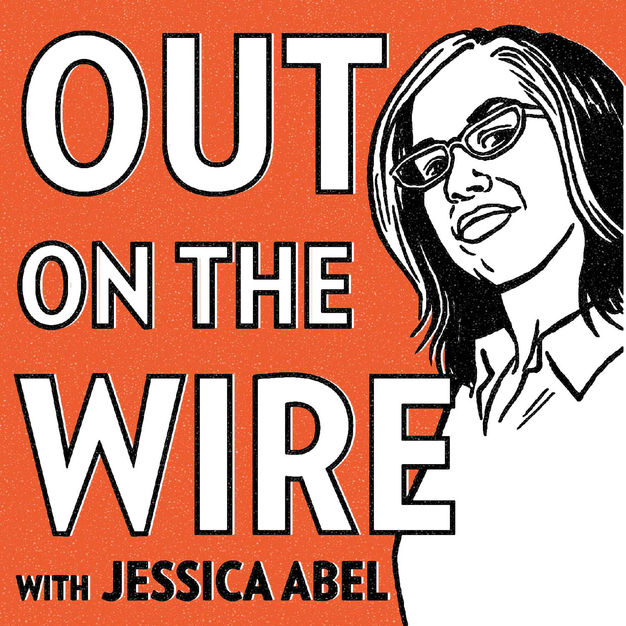 Out on the Wire
Out on the Wire
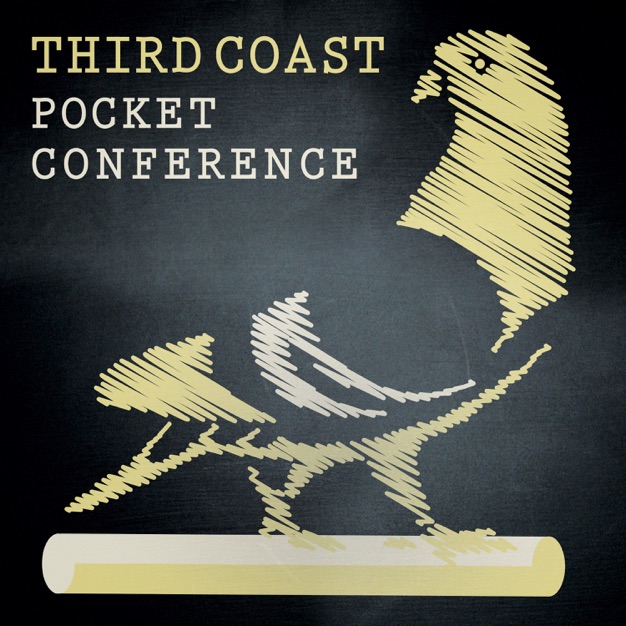 Third Coast Pocket Conference
Third Coast Pocket Conference
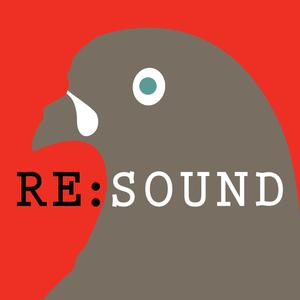 Re:sound
Re:sound
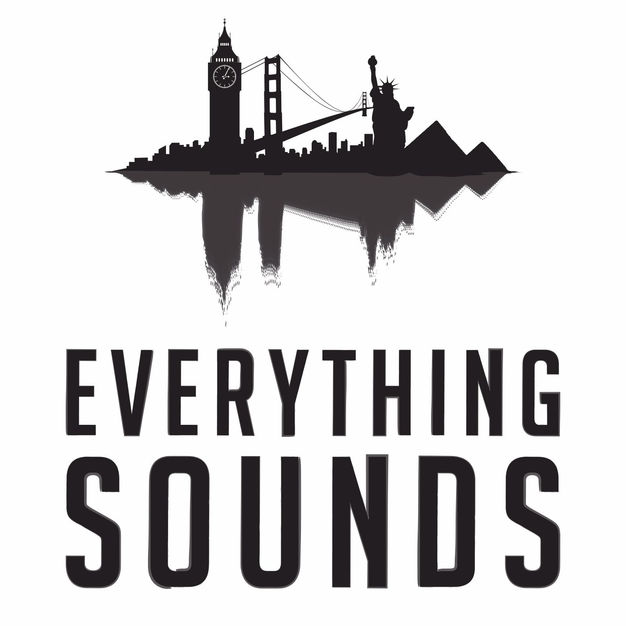 Everything Sounds
Everything Sounds
 Transom Podcast
Transom Podcast
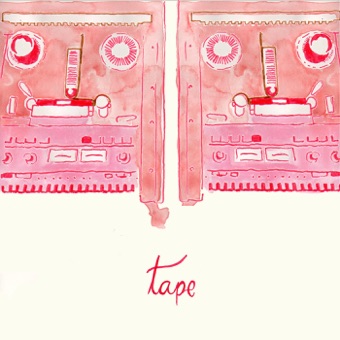 Tape
Tape